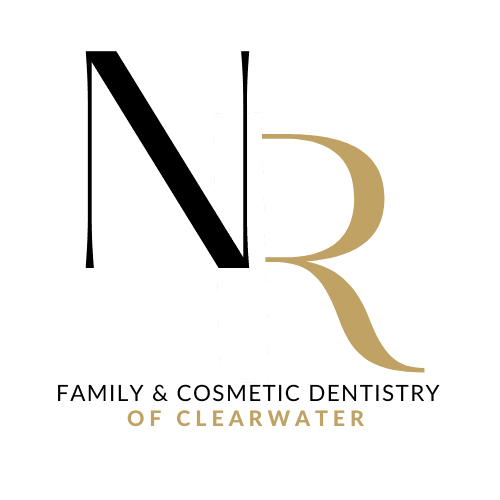If you want to keep your smile looking and feeling its best, you need to make an effort to care for it. Not only will you want to complete at-home oral hygiene, but you should also attend regular appointments at your dentist’s office. During this routine check-up, your dentist will perform an oral exam and a cleaning of your teeth.
Even if you brush and floss your teeth properly at home, you must get your teeth cleaned by your dentist too. A toothbrush and floss may miss some spots in your mouth. The lingering plaque and tartar will need removal by your dentist in this case or you could face serious consequences for your oral health.
Most people should schedule a dental cleaning every six months. But some dental patients might have underlying conditions that may require more frequent dental attention.
Your dentist can tell you about the preventive care you need for your unique smile when you call their office. But you can also notice changes or symptoms in your teeth and gums if you need this type of dental care. Read on to discover four issues you might see in your smile when you are due for a professional dental cleaning.

Bad-Smelling Breath
Bad breath can strike after you eat strongly flavored foods. But in most cases, you can freshen the smell of your breath by brushing your teeth and removing the lingering food particles.
However, if bad-smelling breath persists after you complete your oral hygiene routine, plaque and tartar build-up may be the cause. Natural bacteria in your mouth will spread and create this film across your teeth. Normally, you brush and floss a significant amount of this build-up from your smile.
But if your toothbrush cannot get rid of all of these residues, plaque can harden into stubborn tartar on your smile. The bacteria that collect in this material will start to emit a foul odor that will affect your breath. To remove it and treat this chronic bad breath, you will need your dentist to thoroughly clean your teeth.
Tooth Stains
If your pearly white smile appears disrupted by dental discoloration, you may want to schedule a dental check-up. Sometimes, the foods and drinks you consume can transfer dark, staining particles to your teeth that will leave your smile discolored.
Your toothbrush can scrub away some of these surface stains. But more stubborn build-up might need the more precise tools at your dentist’s office to remove. Plus, if you have deeper dental discoloration, your dentist can recommend cosmetic dental treatments.
Tooth Pain
Oral pain of any kind is not normal and deserves an evaluation from your dentist. Sometimes, if your teeth feel sensitive or sore, this may mean you need to book a dental cleaning.
Tooth sensitivity can happen if your enamel weakens in the wake of plaque or tartar build-up. It also might mean you have a cavity. Build-up in certain parts of the smile, like near the gumline, might also leave your teeth feeling sore. In any of these cases, you should see your dentist to find relief.
Inflamed Gums
An overdue dental cleaning can affect more of your smile than just your teeth. Plaque and tartar build-up can lead to inflammation and irritation in your gums.
These residues can make the gums red, tender, and swollen, which can feel uncomfortable and disrupt your smile’s appearance. Keep your gums healthy with routine dental care, including regular teeth cleanings.
